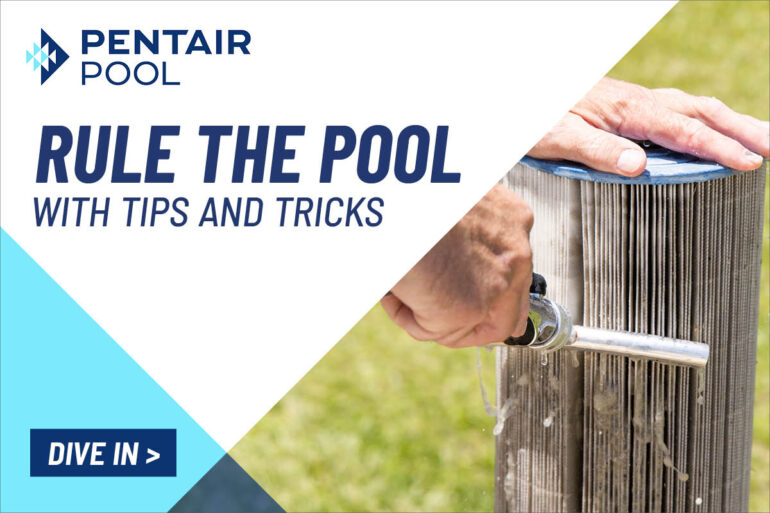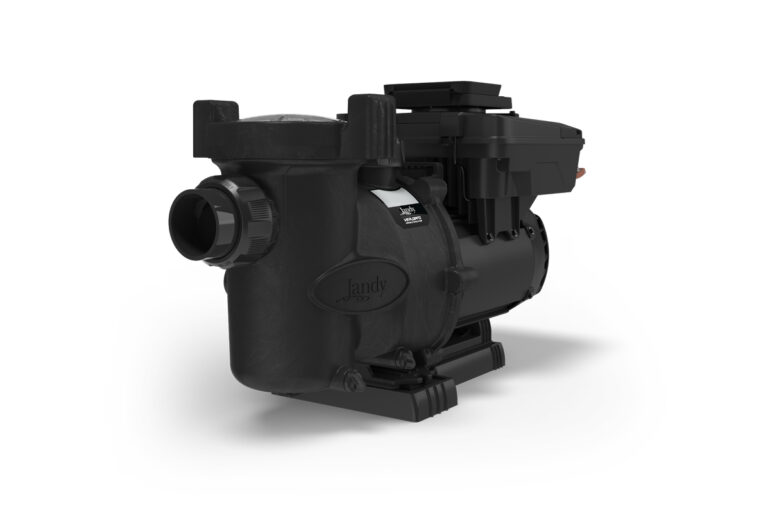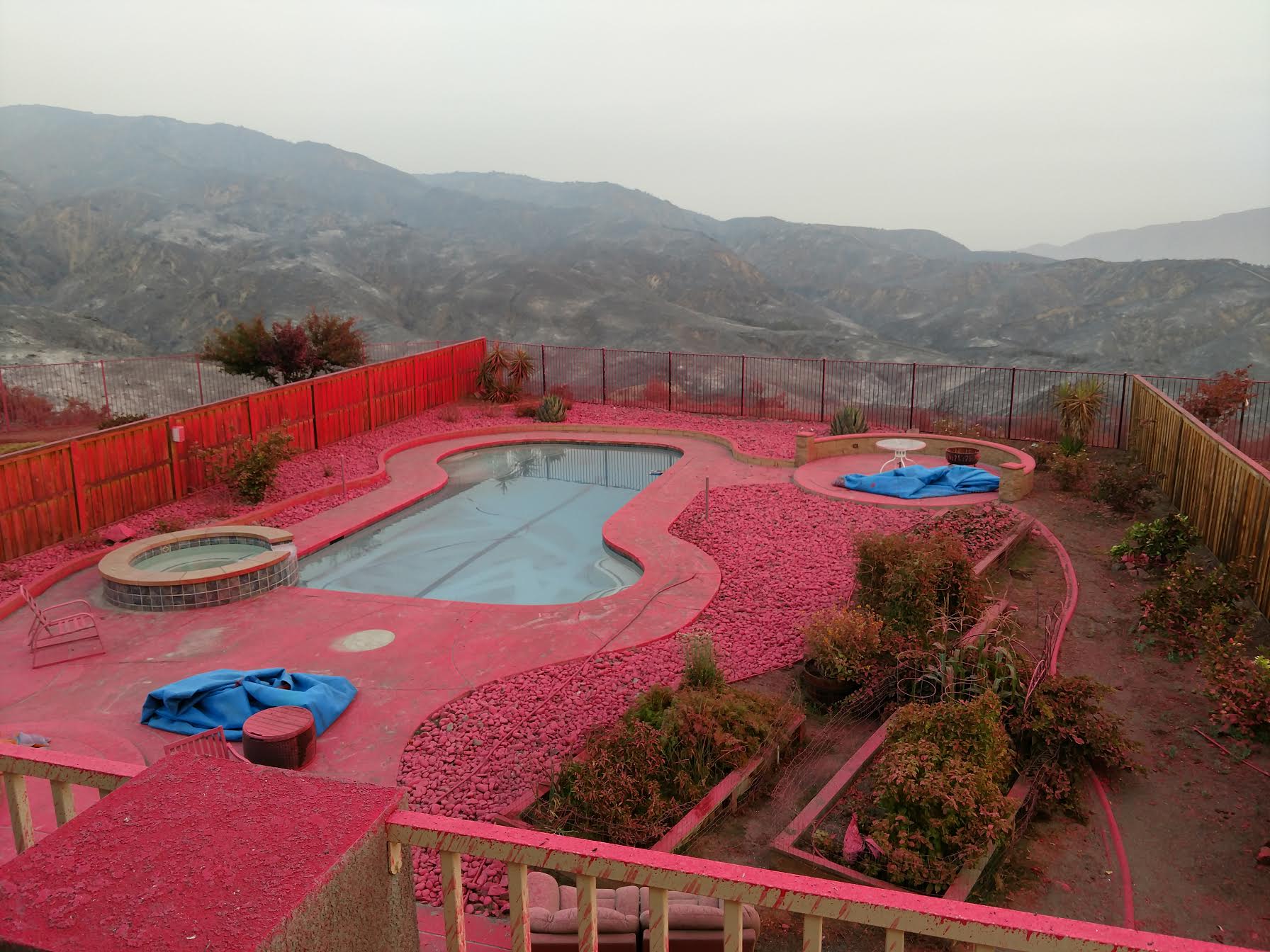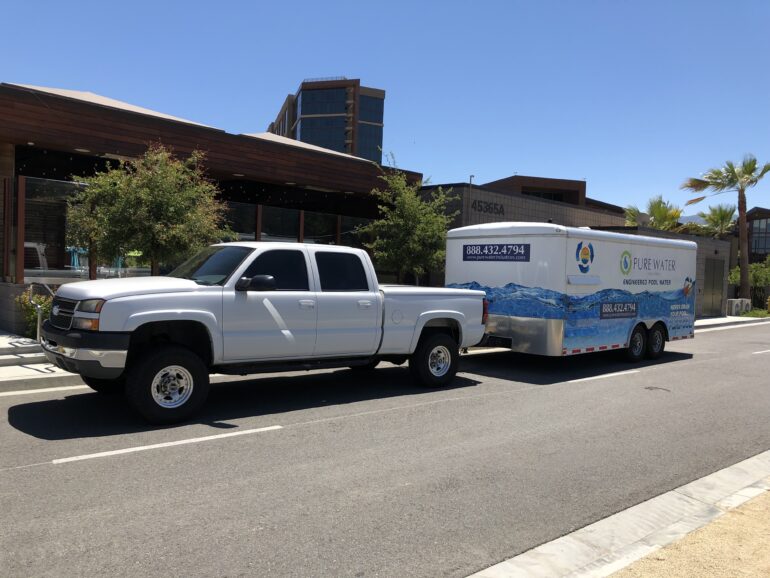The Great Heat Debate: Gas or Electric?
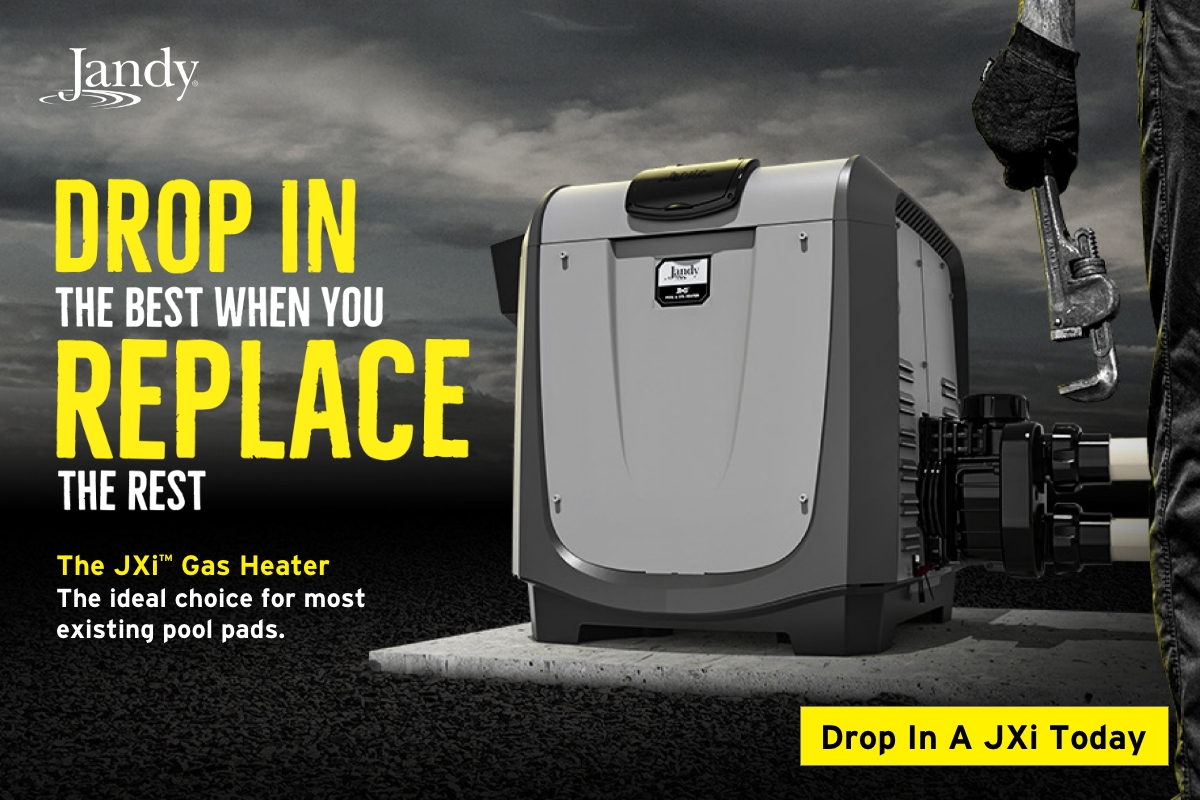
Things are heating up when it comes to pool heaters, and it’s not just the pool water temperatures.
Traditionally, the most common method of heating pools and spas has been with gas pool heaters (either natural or propane) due to the speed with which they can heat large bodies of water. However, the growing concerns over the environmental impact of gas-powered appliances is leading many to consider the alternative solution…electric heat pumps.
As state and local governments across the country look at moving toward building decarbonization and energy efficiency ordinances, understanding the benefits and limitations of each pool heating solution, heat pumps and gas pool heaters, will be imperative to help guide the decision-making process for new pool pad setups and drop-in replacements. As was the case with recent changes surrounding swimming pool pump regulations, pool professionals need to prepare for the possibility that gas pool & spa heaters may go the way of the single-speed pump in some states and that heat pumps may become the more prevalent pool heating method—either because of new mandates or because pool owners are looking to reduce their own environmental footprint. It will fall on you to prescribe the best solution—a heat pump or a gas pool heater.
Regardless of what that solution may be, Jandy, a Fluidra brand, has an option that fits the bill.
With a focus on advancing equipment technologies to offer increased efficiency, along with easier installation and servicing for pool professionals and simple maintenance for pool owners, both the Jandy® JXi™ Gas Pool and Spa Heater and the Jandy® VersaTemp™ Heat / Chill Pump hit all the right notes.
On average, a pool heater is used for only 3.5% of the annual pump runtime. The other 96.5% of the time, the heater can be bypassed. Understanding what the actual cost of heating a pool is will be crucial in helping you select what the best option is for pool owners. The determining factor typically comes down to speed vs cost.
In locations where the cost of natural gas is lower than electricity, gas pool heaters prevail as the preferred choice of pool professionals and pool owners alike. But as the world becomes more focused on energy conservation, it’s likely that we’ll begin to see more heaters like the JXi with VersaFlo™ Integrated Bypass Technology that can divert water flow to bypass the heat exchanger as it circulates through the system.
The Jandy JXi was the first gas pool heater to provide such functionality and remains the only heater on the market with the built-in technology to do so—meaning its compact footprint remains as-is while providing significant energy savings. Operating at up to 84% thermal efficiency rating, the Jandy JXi surpasses the current Department of Energy’s gas efficiency standards.
Additionally, bypassing the heat exchanger means not only are associated heating costs lowered and less propane or natural gas is used, but variable-speed pumps can be run at lower speeds, which saves up to an additional $350 a year in energy costs for homeowners.
As a gas-powered heater, the JXi also extends the pool and spa season for homeowners located in four-season locations—something a heat pump might not afford them. Even when the weather dips below 50 degrees and it may no longer be swimming season, the JXi can quickly heat up the spa to enjoy year-round.
However, in areas where the cost of electricity is relatively low, temperatures are consistently high and/or gas is at a premium, a heat pump could provide the more cost-efficient answer.
Featuring a smaller footprint than comparable models, the Jandy VersaTemp Heat/ Chill Pump offers an eco-friendly way of heating a pool by drawing heat from the air into the pool water. And for overly hot locations where water temperatures are constantly rising due to the heat, the VersaTemp allows pool owners to cool off by pulling heat from the pool—providing the best of both worlds minus carbon emissions and the need for a gas hookup.

The VersaTemp’s ability to both heat and cool makes it a good solution for year-round use, so long as outside air temperatures don’t drop lower than 45 degrees. Although it will take longer than a gas heater to raise water temperatures, pool and spa owners can still make use of their investment in the off-season. VersaTemp is engineered with heat-reversing technology that activates when internal sensors detect if/when ice forms on the outside coil while transferring heat to the water. To counter this, it automatically redirects heat to melt the ice quickly—allowing it to seamlessly continue heating pool water.
Aside from operational costs and zero emissions, the clean-running VersaTemp helps reduce backyard noise pollution as well. In contrast to other heat pumps, what truly sets VersaTemp apart is its SoundShield™ Technology. Comprised of a swept-wing blade design that decreases wind turbulence as the internal fan spins and a decibel dampening acoustic blanket that surrounds the compressor to help muffle the typically loud reverberation—VersaTemp is impressively quiet, giving pool owners a more enjoyable backyard experience.
Ultimately, as more states look into passing regulations prohibiting the installation of gas-powered equipment, VersaTemp offers a viable option for pool owners who want to extend their swimming or spa season as the air begins to chill. Combining power and performance, VersaTemp delivers increased heat output for more efficient and faster heating than other heat pumps on the market, and it does so without the traditional noise —because pool owners should FEEL the heat, not hear the heat pump.
As an added perk, both of Jandy’s heating options—the JXi and VersaTemp—are fully compatible with pool automation systems, and when used in conjunction with any Jandy AquaLink® automation system, the heat settings can be adjusted anytime, anywhere with the iAquaLink® pool control app so it’s the right temperature when pool owners want to enjoy their pool or spa. The VersaTemp takes it a step further when connected to a Jandy automation system with an auto-heat feature that maintains the pool’s temperature automatically and efficiently, 24 hours a day.
So, the decision is up to you—do your pool customers care more about their carbon footprint and heating costs or do they want to quickly heat their pool? Whatever the case may be, Jandy has you covered.

